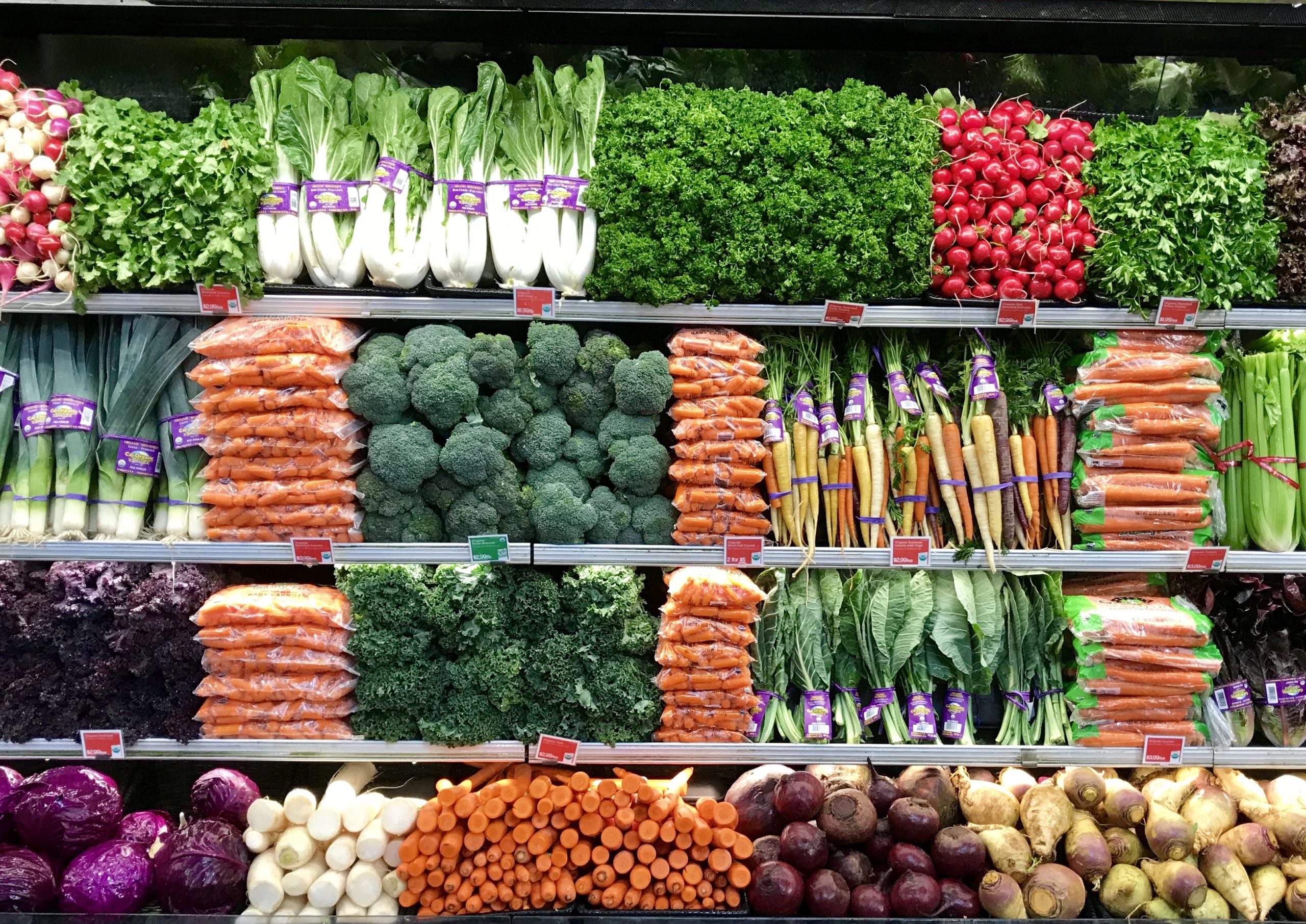Knowledge of the presence of plants’ sensing abilities powered by their signalling systems is limited except amongst specialist plant biologists. But recently COOP, the Swiss supermarket chain who are leaders in providing organic produce from apples to cotton t-shirts, introduced their COOP magazine readers to facts about how plants perceive their environments. The article “The Language of Plants” explained that understanding the way plants’ cleverly react to changes in water, temperature, light, gravity , insect attacks, and other stimuli can help food production become even more ecologically sustainable.
COOP contribute, through their sustainability fund, to FiBL, a world leading research establishment in organic agriculture which helps farmers boost productivity and sustainability. FiBL are experts at ensuring that advancements in plant science that lead to a minimisation of the use of insecticides/pesticides are shared with farmers so we can all benefit from healthier food and a clean environment. COOP has recently been recognised for its contribution to sustainable food production by the WWF.
Vivent’s technology PhytlSigns captures electrical signals from plants, and with the help of Artificial Intelligence and machine learning translates these tiny signals into feedback for commercial growers so they can provide optimal conditions for their crops. This feedback from the plant itself helps growers minimise the need for chemical treatments while reducing the risks of crop losses.

We were delighted that COOP chose to share this fascinating yet under-researched area of plant science with its readers and that with PhytlSigns we are contributing to greener agriculture.

